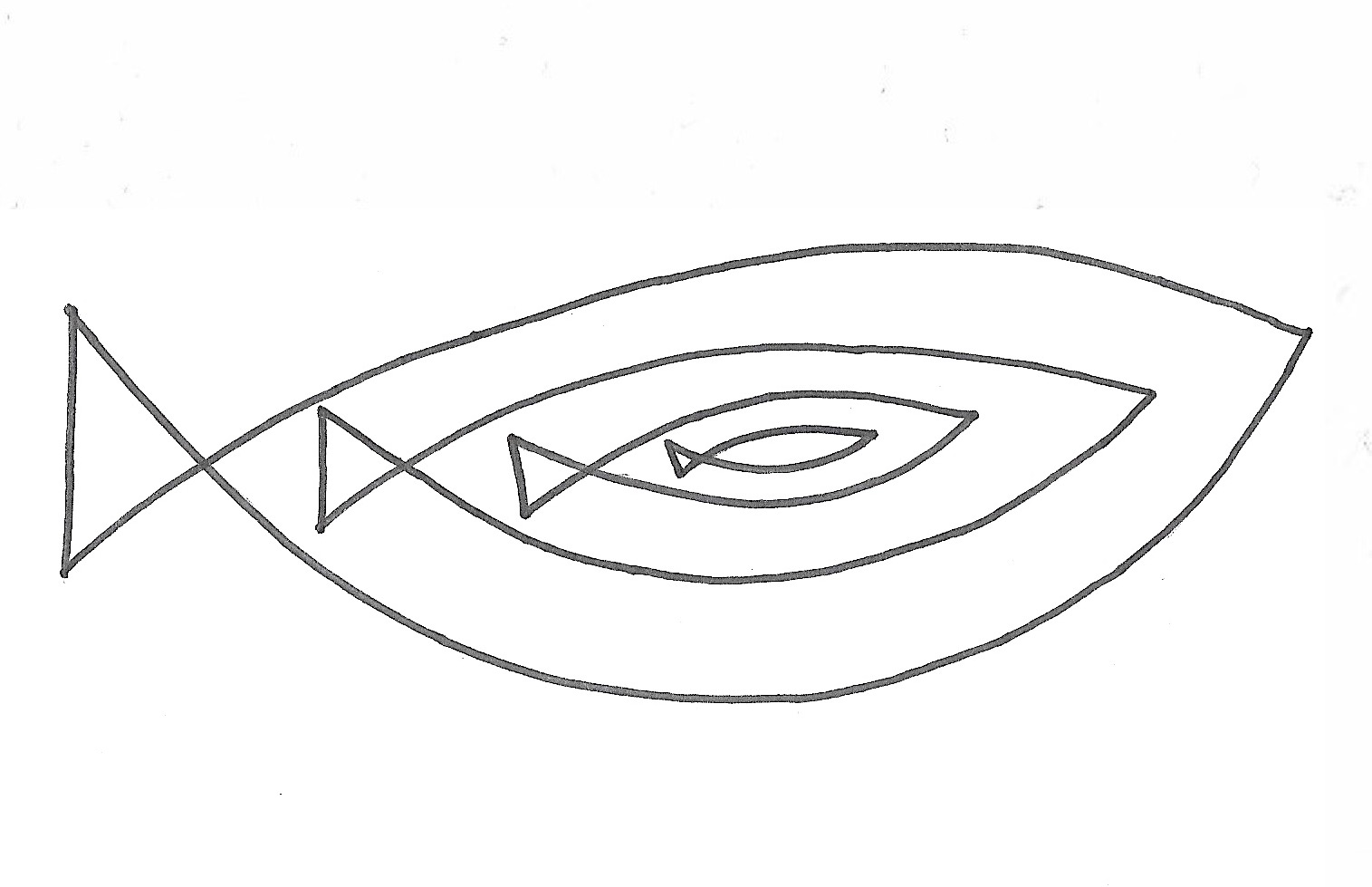No Small Fish
February 10, 2021
One of many food-related ecological challenges is the overconsumption of fish. Worldwide, especially in the global south, fish is still a key component of a nutritious and healthy diet. Until we find and are able to produce widely available and sustainable alternatives (which we must) hundreds of millions of people depend on what the oceans provide for them. Overfishing is threatening the balance in our oceans as we’re struggling to allow fish stocks to restore. This is especially the case for a number of larger fish species because they generally need more time to mature and create off-spring.
Marine ecologists argue that rather than eat these large fish like tuna, salmon and halibut it would help to eat smaller fish like herring, mackerel and anchovies. The strategy for survival of small fish is designed by nature to withstand heavy predation. They grow faster and have more offspring and therefor have the ability to bounce back relatively quickly. As a welcome and healthy side-effect there’s also less time for contaminants like mercury to build up in their fat reserves which makes it a healthier alternative to large fish.